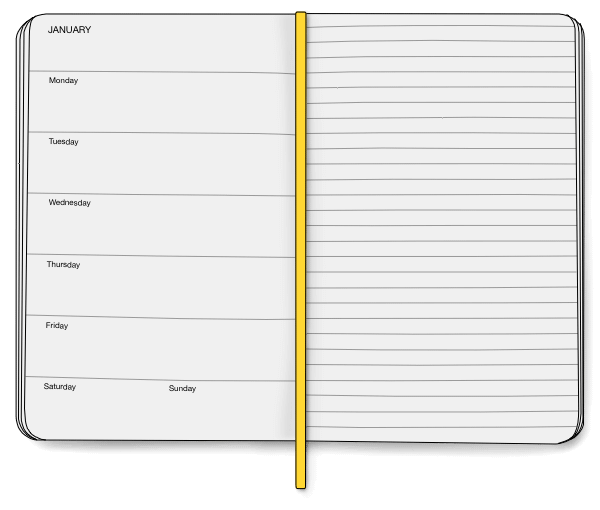We’ve all got something, right? That one chore or duty that we know we should do (or maybe we've promised to tackle) but just can't manage to start. It could be as small as that growing stack of papers you need to sort through on your desk or as large as finally establishing a will for yourself or learning that language you've always talked about. We want to do these things. And yet when it comes to doing it, we procrastinate, we offer up a list of excuses why today's not the day to start. Maybe this weekend, when you've got more energy? But then ... poof, all that motivation evaporates into the ether.

The hard truth is that this is how many of us fall short of our potential. Sure, the stack of papers can wait, but giving into a lack of motivation can rob you of a much fuller and richer life—in many ways. At work, it will prevent you from moving up the ladder and securing a raise or sweet assignment, for sure. At home, things will get stagnant and messy, in more ways than one. The same goes for your relationship: It can slowly wither if you're not putting in any effort.
It's a stoic practice, self-motivation, but according to Harvard Business Review, it's what “distinguishes high-achieving professionals from everyone else.” So how can you keep pushing onward, even when you don't feel like it? Thankfully, there are practical and proven strategies to overcome this slump and rekindle your drive.
Advertisement
Set Goals (Not Wishes)
Ambiguity breeds inaction. Ample research has documented the importance of goal setting. Studies have shown, for example, that when salespeople have targets, they close more deals, and that when individuals make daily exercise commitments, they're more likely to increase their fitness levels. So instead of “Get fit,” try “Lift for 20 minutes three times a week.” Breakdown overwhelming chores into manageable goals. Swap “Finish the project” with “Complete the outline by Friday.” This gives you a tangible starting point, making progress feel attainable.

Use the Two-Minute Rule
Speaking of starting, this is often the hardest part. Commit to working on small tasks for just two minutes. This small, low-pressure commitment helps you overcome inertia. James Clear calls it a “gateway habit” that leads to your desired outcome. Once you begin, you're likely to continue longer than planned. In fact, many efficiency experts recommend that if a task comes your way and you can knock it out in under two minutes, never put it off—do it right then.
Advertisement
Focus on the Process, Not the Outcome
Sometimes, being overly fixated on results can deter action, especially when progress feels slow. Shift your focus to the process: Appreciate the act of learning a skill rather than worrying about mastery. Celebrating small wins during the process reinforces positive feelings and keeps you moving forward.

Make It a Routine
When people are working toward a goal, they typically have a burst of motivation early and then slump in the middle, where they are most likely to stall out. But true motivation will thrive on consistency. Establishing a daily routine helps reduce decision fatigue and conditions your mind to expect productivity. Dedicate specific times for work, exercise, or hobbies. Pair less enjoyable tasks with something you enjoy. For example, listen to music or a podcast while cleaning. A routine transforms tasks into habits, reducing your reliance on those fleeting bursts of inspiration.
Give Yourself a (Smart) Reward
Look, some tasks or even stretches of a career are entirely dull—in which case it can be helpful to create external motivators for yourself. But be wise about what you choose as a reward. HBR found that a common trap is to choose incentives that undermine the goal you've reached. “If a dieter's prize for losing weight is to eat pizza and cake, he's likely to undo some of his hard work and reestablish bad habits. If the reward for excelling at work one week is to allow yourself to slack off the next, you could diminish the positive impression you've made.” Research on what psychologists call balancing shows that goal achievement sometimes licenses people to give in to temptation—which sets them back. So be careful, but a treat, a break, or giving yourself something you enjoy will no doubt positively reinforce the habit of taking action.
Wise Words

“
Attitude is a little thing that makes a big difference.
”
- Winston Churchill
Advertisement
































